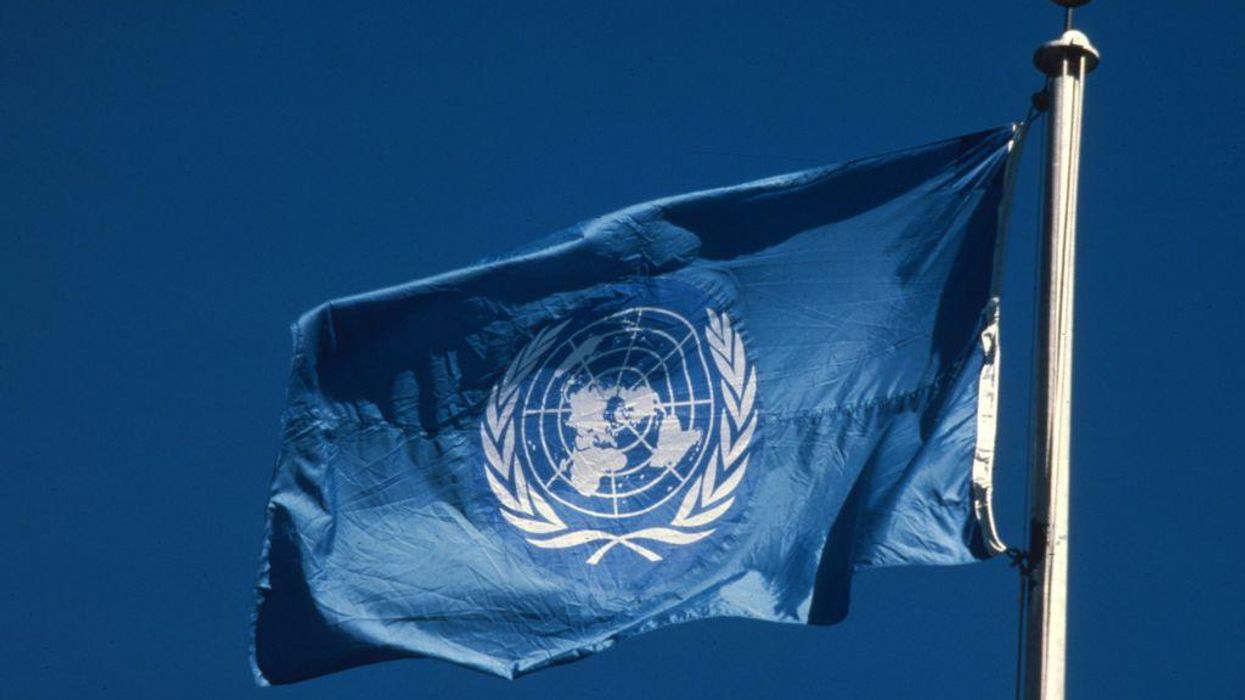
Photo by MPI/Getty Images

This week, a United Nations special rapporteur will propose to the general assembly his remedy for tackling wealth inequality.
While the West has significantly reduced absolute poverty in recent decades and the world has cut absolute poverty by over 58% since 1990, Olivier De Schutter's radical new proposal is not that we improve upon or sustain the underlying technologies, capitalist systems, or trends that made these monumental strides possible. Instead, his recommendation to the international community is that it embrace a new legal term: "povertyism."
In March 2020, Belgian legal scholar Olivier De Schutter was appointed the U.N. special rapporteur on extreme poverty and human rights by the Human Rights Council, the same council that recently voted against discussing the Uyghur genocide being committed by the Chinese communist regime. He began his three-year mandate in May 2020.
In an exclusive report, the Guardian detailed the conclusions to which De Schutter has arrived and will present them to the U.N. General Assembly on Friday. De Schutter wants "povertyism" — prejudice against the poor — to be included in antidiscrimination laws, which already include various other -isms, such as "sexism," "racism," "ageism," and "ableism."
"Povertyism" is De Schutter's preferred alternative to "aporophobia," a neologism denoting fear of the poor that was hyped in 2017 by the Spanish publication El Pais. He is convinced that "poverty will never be eradicated while povertyism is allowed to fester."
De Schutter will tell the U.N. that the "world is finally waking up to the injustices of racism, sexism, and other forms of discrimination, and putting laws in place to stop them from destroying people's lives. Povertyism ... must be treated just as seriously."
While various socioeconomic strata are permeable, particularly in the West — where a poor person can become rich and a rich person can become poor — the other protected identities De Schutter wishes to group the poor with are inflexible. For instance, a woman subjected to sexism cannot become a man, and an elderly man subjected to so-called ageism cannot transform into his younger self.
The Guardian indicated that De Schutter is fully aware that poverty is not similarly a fixed class. Nevertheless, he contends that poverty is "a trap from which individuals may find it difficult to escape."
Just as there are presently penalties for sexism and racism, particularly for businesses, anti-povertyist laws, if adopted, would inevitably subject offenders to various consequences.
"Humiliation and exclusion" will allegedly remain unless they are criminalized. No more will offenders be able to suggest to an indigent that, given their individual circumstances, they might benefit from adopting certain virtues and qualities, such as industriousness, diligence, self-control, and perseverance.
According to De Schutter, a landlord who refuses to rent to welfare beneficiaries would qualify as an offender, as would an educator who tailored advice to a student on the basis of their socioeconomic status.
It is unclear whether such laws would also entail censorship. For instance, the Bible states that in John 12:8, Jesus Christ said, "You will always have the poor among you." Would this passage constitute hate speech for positing a socioeconomic reality contrary to the aim of De Schutter's "pro-poor affirmative action"?
While De Schutter may answer such questions later this week, it is clear that he holds meritocracy in contempt, reckoning it to be a way for elites to "confirm their sense of superiority."
"We have many studies showing that the belief in meritocracy is highest in those more unequal societies, and the U.K. is not faring very well in this regard for the moment, nor is the U.S. in fact," he said.
De Schutter anticipates backlash from "the fringe of the politicians" who are captive to the "quasi-pathology that if you succeed in life, it is because you deserve [it]. And so if you fail, it's because somewhere you've [made] a mistake."